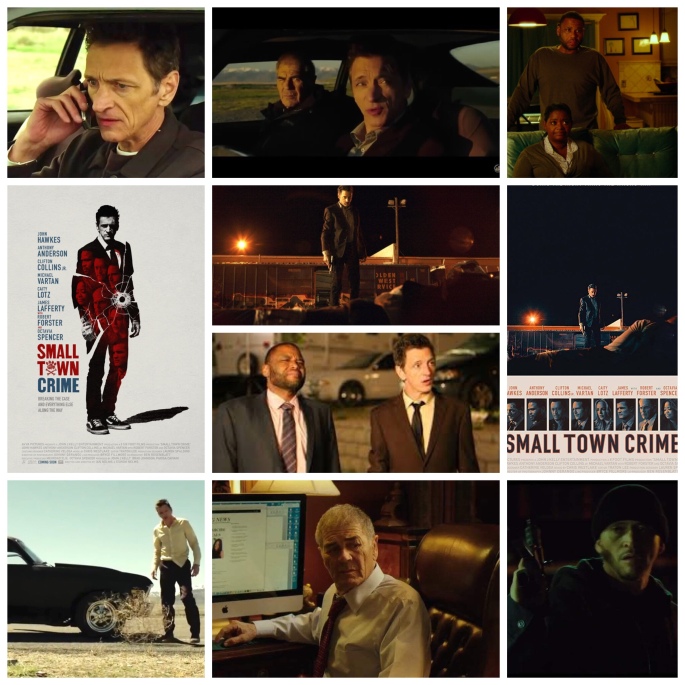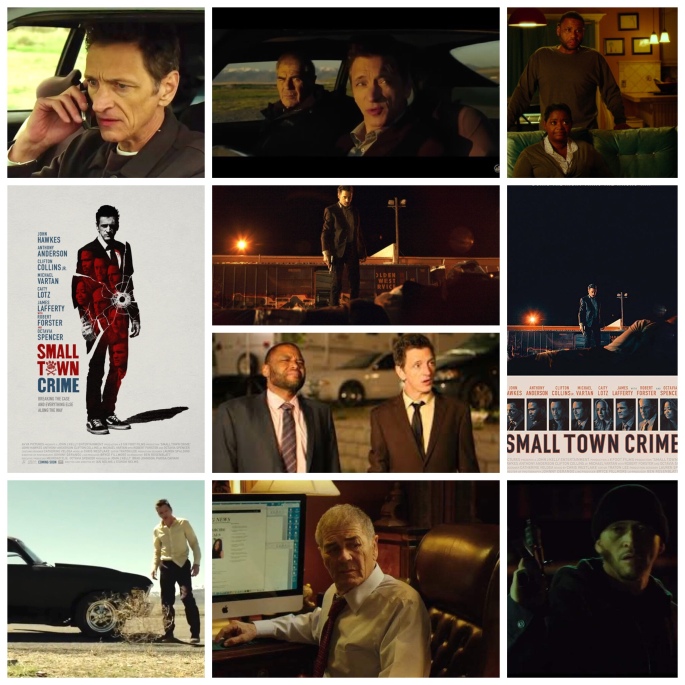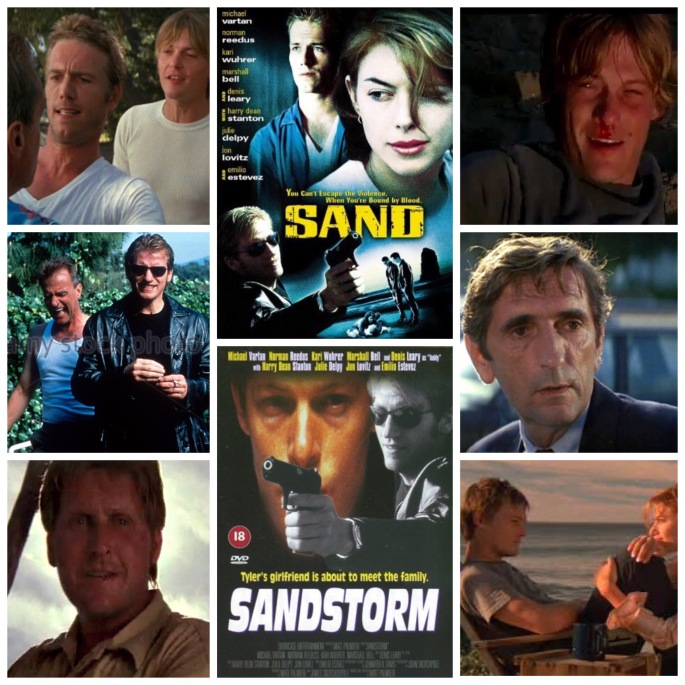
Looking for your annual rural crime/drama/black comedy/character study fix? Well, Three Billboards, which I reviewed the other day, provides that with something more illusory and profound. If you’re after one that’s a bit more old school and straightforward, check out the Nelms Brother’s Small Town Crime, a brutal, breezy thriller starring John Hawkes, an actor I remember from the fringes of the 90’s who seems to have gone newly platinum these days thanks to an Oscar nomination for 2010’s Winter’s Bone. He’s hilariously sympathetic here as a raging alcoholic ex-cop who stumbles right into the middle of a murder ring with the crosshairs latched onto a group of local underage prostitutes. Never one to back down once he gets a few cold ones in him before noon, he’s on the case between sessions at the dive bar and inebriated joyrides in his souped up muscle car. There’s a slightly off kilter, surreal quality to his story and that of those around him, a coming and going sense that these are a cartoonish series of events that aren’t really happening, when one looks at the supporting characters. Robert Forster has never been more deadpan or watchable as the tycoon grandfather of one of the slain hookers, a hands-on gent who isn’t afraid to dust off his giant scoped rifle to help out. He’s joined by outlandish Latino pimp Mood (Clifton Collins Jr., who needs way more roles), both of them assisting Hawkes in his crusade. Even the psychotic hitman (Jeremy Ratchford) dispatched to kill everyone in sight has a distinctly ‘out there’, roadrunner vibe. But Hawkes anchors the whole deal with the mopey, sad-sack realism of his character, a loser who’s dead-end existence has been given a new lease on legacy. His best buddy Anthony Anderson and wife Octavia Spencer give the plot some gravity too, a neat seesaw effect that sits opposite Forster and Collins exaggerated antics. The film has a funny way of both ambling along at it’s own pace and jumping out at you with warp speed jump cuts and brazen, bloody violence. The dialogue is pure poetry in areas and knowing camp in others, neatly balanced. Don Harvey and veteran tough gal Dale Dickey have great bits as salty bartenders, while Daniel Sunjata and haggard looking ex-pretty boy (remember him in Monster In Law with Jane Fonda and J-Lo?) Michael Vartan play two local detectives who are always frustrated to be a step behind Hawkes, who plays off the grid and close to the chest. Small Town Crime is a small time film, but the craft gone into bringing it to our screens couldn’t be bigger or more commendable from all angles. Highly recommended.
-Nate Hill


